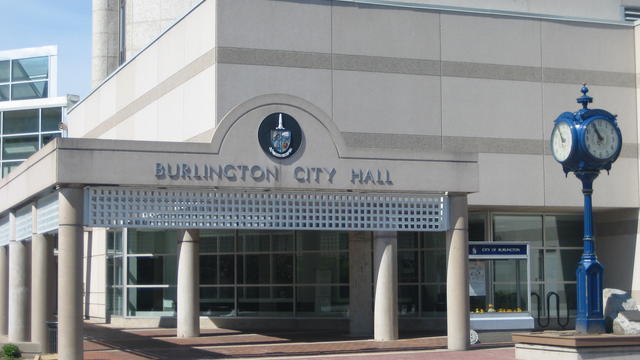Here’s What You Can and Can’t do This Election in Burlington
Published October 11, 2018 at 11:35 pm

In case you haven’t heard.
There are some rules to be aware of leading up to the election on Oct. 22.
These rules are new to this election.
In case you haven’t heard.
There are some rules to be aware of leading up to the election on Oct. 22.
These rules are new to this election.
They are part of the provincial Municipal Elections Act and are regarding individuals and businesses promoting candidates through third-party advertising.
According to a recent press release, third-party advertising refers to advertisements or other ways that support, promote or oppose a candidate, or support, promote or oppose a ‘yes’ or ‘no’ answer to a question on the ballot.
Third-party advertising is not connected to any candidate’s campaign and has to be done independently from a candidate.
Who can register as a third-party advertiser?
Anyone who has registered can spend money on third-party advertising.
Those who are eligible to register as a third-party advertiser are as follows:
- Any person who is a resident in Ontario.
- A corporation doing business in Ontario
- A trade union that holds bargaining rights for employees in Ontario.
- Members can register individually and can contribute individually.
- If two or more corporations are owned or controlled by the same person or people, or if one corporation controls another, they are seen as a single corporation. If the same person or people own or control multiple corporations, only one of those corporations can register as a third-party.
Who can’t register as a third-party advertiser?
- Federal and provincial political parties (political parties are not allowed to be financially involved in municipal elections).
- Groups, associations or businesses that are not corporations.
Where can a third-party advertiser register?
- Those wanting to be a third-party advertiser must register through the municipal clerk.
- Being registered in a municipality allows the third party to advertise to the voters in that municipality.
- A third party can only advertise to voters in the municipality where they are registered. There is no limit on the number of municipalities where a third party can register.
What rules must third-party advertisers follow?
Many of these financial and reporting rules are similar to those of candidates and they are as follows:
- A third-party advertiser has to provide the following information on all advertisements, signs, etc.:
- The legal name of the registered third party. If the third party is a corporation or trade union, that name must appear as opposed to the name of the representative who filed the registration.
- The municipality where the third party is registered.
- Contact information: a telephone number, mailing address or email address.
- A registered individual cannot act on behalf of a group or organization that is not eligible to register as a third-party advertiser.
- If ads are going to be broadcast or published, the ad must contain the information required above, and the third-party advertiser must also provide the broadcaster or publisher with the following:
- the name of the registered third party
- the name, business address and telephone number of the individual who deals with the broadcaster or publisher under the direction of the registered third party
- the municipality where the third party is registered.
What happens if the rules are broken?
- If a candidate or third-party advertiser breaks these rules they will be informed by the city clerk.
Third-party advertising registration opened on May. 1 of this year and will close on Oct. 19.
insauga's Editorial Standards and Policies advertising





